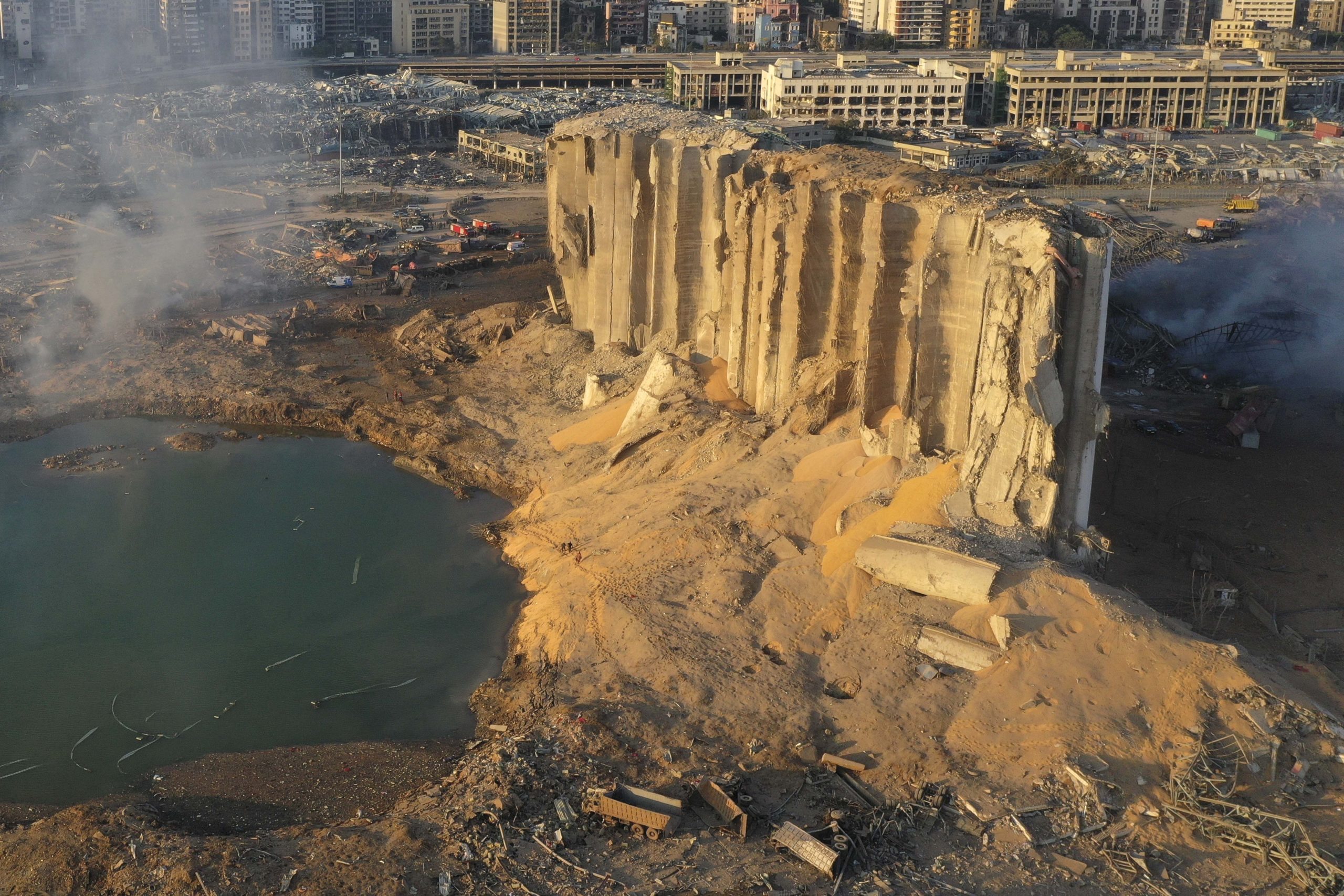The main grain storehouse of Lebanon at Beirut port was destroyed after Tuesday’s explosions, leaving the country with less than a month’s reserves of the grain. However, enough flour is left to avoid a crisis, Lebanon’s economic minister told news agency Reuters.
Minister of Economy Raoul Nehme said after the explosions at Beirut, the country needs at least three months’ food reserves to avoid a crisis. He added that they were looking at other areas.
“There is no bread or flour crisis,” Nehme said. “We have enough inventory and boats on their way to cover the needs of Lebanon on the long term.”
Lebanon’s economy was already in an uncertain position before the capital city was ripped apart by the two consecutive explosions on Tuesday.
While the silos held only 15,000 tonnes of grain at the time of the accident, compared to its capacity of holding 120,000 tonnes, the minister said that the remaining grain reserves could last for “a bit less than a month”.
Director of Tripoli port, Ahmed Tamer told Reuters that his port did not have grain storage but cargoes could go to warehouses two kilometers away. The Tripoli port is the second biggest facility of Lebanon, alongside which, the ports of Saida, Selaata and Jiyeh could also handle the grain, said the economic minister.
“We fear there will be a huge supply chain problem, unless there is an international consensus to save us,” head of the importers’ syndicate Hani Bohsali said.
The United Nations agencies will coordinate relief efforts for Beirut, Tamara al-Rifai, a spokeswoman for the Palestinian refugee agency UNRWA said.







